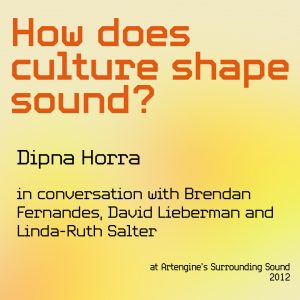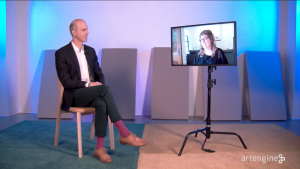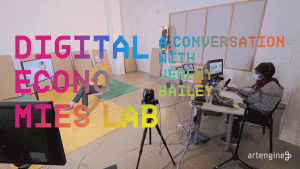
How Does Culture Shape Sound?
What does it mean to speak of “aural culture?” What does listening offer, as a tool or technique for understanding our world, that visual perception cannot? The sounds that fill our lives are dense with information about the interwoven cultures to which we belong, and approaches to their investigation can take similarly varied routes. For Linda-Ruth Salter, language is a primary element of culture. Expressed aloud it is a richly coded meaning system, but it can also speak volumes when forced into silence.

